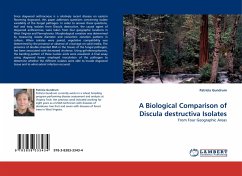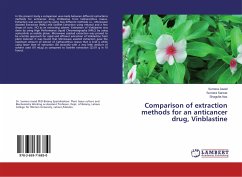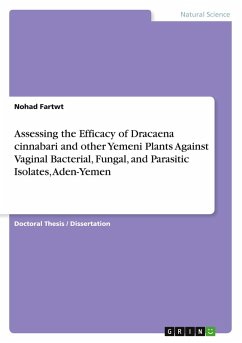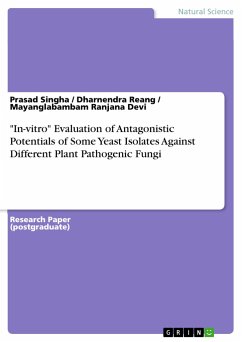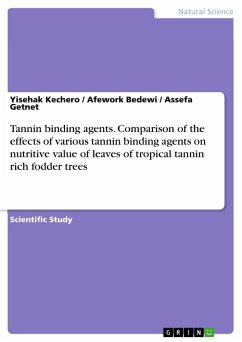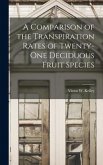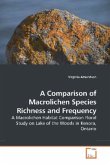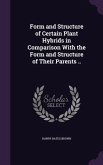Since dogwood anthracnose is a relatively recent disease on eastern flowering dogwood, this paper addresses questions concerning isolate variability of the fungal pathogen. In order to answer these questions, leaf and twig isolates from Discula destructive, the causal agent of dogwood anthracnose, were taken from four geographic locations in West Virginia and Pennsylvania. Morphological variation was determined by measuring isolate diameter and concentric zonation patterns in culture. When isolates were paired, vegetative compatibility was determined by the presence or absence of a barrage on solid media. The presence of double-stranded RNA in the tissues of the fungal pathogen, has been associated with decreased virulence. Using gel-electrophoresis, the banding pattern of these nucleic acids were visualized. A final assay using dogwood leaves employed inoculation of the pathogen to determine whether the different isolates were able to invade dogwood tissue and to what extent infection occured.
Hinweis: Dieser Artikel kann nur an eine deutsche Lieferadresse ausgeliefert werden.
Hinweis: Dieser Artikel kann nur an eine deutsche Lieferadresse ausgeliefert werden.

